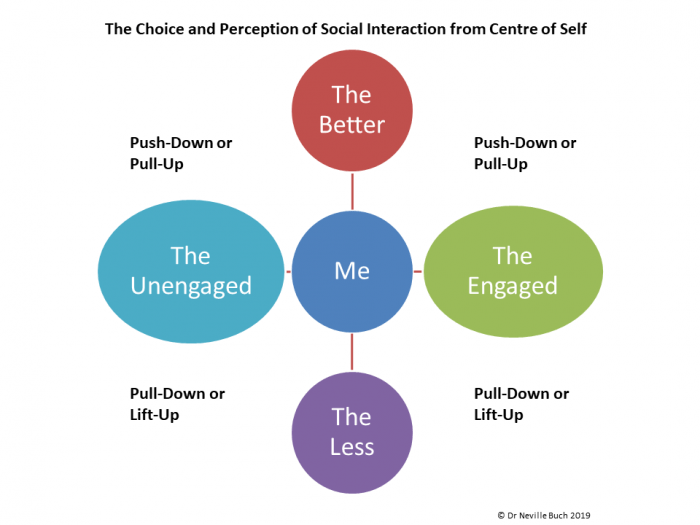Among American universities these days, institutional neutrality is decidedly on the rise. The Foundation for Individual Rights and Expression, an advocate for neutrality, now lists 25 institutions that have adopted this position, most in the last year.
There are different formulations of the position, but the oft-cited locus classicus is the University of Chicago’s 1967 Kalven Report, which says that positions on salient social or political issues can be expressed by individual students or faculty members, but that the university itself should take no “collective position,” but adhere to “neutrality … as an institution” — although it does have an obligation “actively to defend its interests and its values.” Some version of that position is becoming increasingly widespread. Harvard, the nation’s oldest university, adopted last May the recommendations of a faculty working group that “the university has a responsibility to speak out to protect and promote its core function … [and] defend [its] autonomy and academic freedom when threatened,” but it should not issue statements about other public matters.
Rev. John I. Jenkins, The Chronicle of Higher Education, January 7, 2025.
“…the university has a responsibility to speak out to protect and promote its core function…” , that alone erodes the semantics of the concept, institutional neutrality. Autonomy and any institutional freedom is a public matter. But what happens when curriculum is no longer a core function of a university? Australian universities no longer have curriculum as a core function. The ‘Job Ready’ policies will ensure that Australian standards of the curriculum will always be very poor on global standards. Curriculum is not training but comprehensive education related to the subject/discipline area. Comprehension does not mean complete nor full of everything; the way the idiot political policy deciders think.
Comprehension means to have enough research, data, and communications, to say something significant. The concept of institutional neutrality, which is currently in practice, is well below the global standard in learning. There are times when institutions have to speak up far more militantly than they commonly do, and not remain silent.
Thus, is the challenge: why are our institutions, our universities, too silent, too afraid to challenge governance? Is it that the leadership agrees with way that governance, in the last three decades, eroded curriculum for job-ready purposes? Is it that the leadership fools itself that nothing has been taken out of the curriculum, and not effectively replaced, over time?
I, and most of the higher education policy researchers challenge the correctness in the judgement of such leadership. The weak counter-argument comes back at us of “student demand”: that the coursework and research areas removed were those demanded as such by “students”, or more accurately, “pre-students”. Thus, judgements are being made, not by those who are engaged in learning, but in the prejudices of non-learning.
Thus with clear logic and contextual-critical informal, and formal, learning, the leadership which make such simplistic thinking, are a bunch of idiots. I am being impolite and righteously angry because it does not take much to understand the damage that is being done to our social fabric, in Australia, in the Job-Ready policies. Big business gets off the hook for its own funding obligation for its own training requirements, and the rest of society suffers.
It is not difficult for the public to understand, and many do. However, the moral/ethic normative obligation is with leaderships. Leaders lead. The solutions are in policy reversals; not to go back in time, but to spiral in what is good of the perennial common good. It is not “rocket science”, but common, critical sense. Will the idiots repent of their past stupidity (change their ways and change habitus), this is the final question?
Featured Image:
Neville Buch
Latest posts by Neville Buch (see all)
- Institutional Neutrality Is a Copout - January 11, 2025
- How to re-build Queensland Universities and Other Critical Thought - January 10, 2025
- Queensland Government’s inability to deal with histories - January 10, 2025

